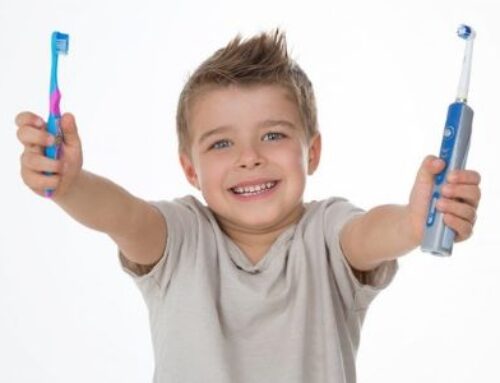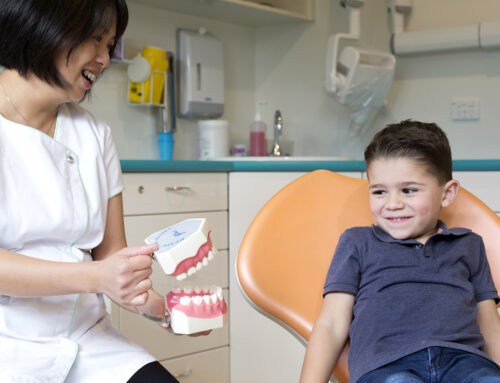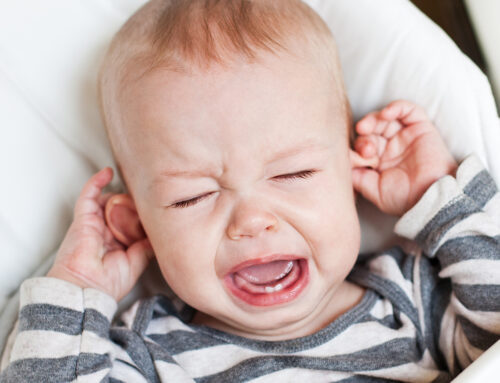How does tooth decay develop?
Tooth decay is a diet-related disease that damages the teeth. Teeth are covered in plaque, a sticky film that contains bacteria. When we eat and drink, the bacteria produce acids that break down the outer layer of the tooth (enamel). This is how decay develops. Dental decay can be found on both baby and adult teeth. Areas that are at a higher risk of collecting plaque and developing decay include the gum line and on the chewing surfaces of the back teeth (molars).
It is important to address decay on baby teeth as well as adult teeth as they maintain the space for adult teeth to come through. If they are removed (prematurely), it can result in space loss and crowding of the teeth.
Signs of Decay
- Waking up regularly at night from a toothache
- Complaining of a sore tooth
- Regular bad breath
- Difficulty biting down on certain foods
- Sensitivity to cold, hot or sweet food
- Early tooth decay is usually identified by white spots (which can’t be removed with brushing) signaling that the enamel is starting to break down which can progress to brown spots on teeth
- Advanced tooth decay is more noticeable, with blackened holes or broken teeth. If decay has led to an infection, you may notice lumps or a pimple on the gum or swelling on the gums or face

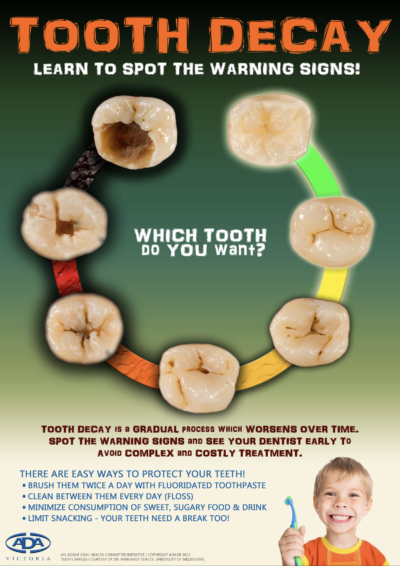
Treatment for tooth decay
Maintaining regular dental appointments at Kiddies Dental Care means we can identify the early stages of tooth decay and prevent them from progressing. Your dentist or oral health therapist can recommend pastes (Tooth Mousse) or regular visits to apply a concentrated fluoride to help the teeth remineralise and become stronger. In some cases, early decay can be cleaned out and a FISSURE SEALANT can be applied (usually on the chewing surfaces of the back teeth) to prevent the need for a filling.
Depending on the severity of the decay, treatment can range from fillings for small cavities to crowns and tooth removal if the damage if more extensive.
The longer tooth decay is left untreated your child can experience: more pain and discomfort, risk of decay spreading to other teeth including adult teeth and more complicated and expensive dental treatment.

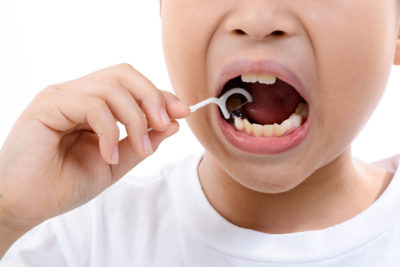

OUR TOP TIPS FOR STOPPING DENTAL DECAY:
1. The key to stopping decay is forming and maintaining a good oral health routine from an early age by brushing and flossing children’s teeth thoroughly twice a day.
2. Diet plays a major role. It’s best to make sure that your child has a balanced diet rather than eating too much of one thing, and make sure anything sugary (even if it doesn’t taste sweet) is in moderation.
4. Fissure Sealants may be recommended for your child on the chewing surfaces of the back teeth (where decay often starts)
5. Drink plenty of fluoridated (tap) water and/or include a fluoride supplement into your child’s daily routine (eg. Tooth Mousse) to help strengthen weakened enamel.
6. Make an appointment at your dentist as soon as possible if your child is waking regularly in the night, is complaining of a sore tooth, or regularly has bad breath as these can all be signs of decay.
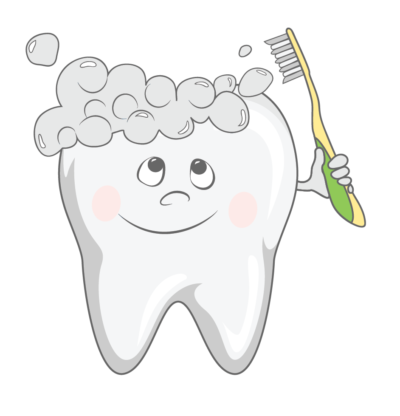
OUR FREQUENTLY ASKED QUESTIONS!
USEFUL DENTAL RESOURCES AND FURTHER READING
A great article from the team at BetterHealth Victoria
https://www.betterhealth.vic.gov.au/health/conditionsandtreatments/tooth-decay-young-children
Thanks to our wonderful Oral Health Therapist, Tu-Anh
She works at the Essendon clinic.
If you would like to talk to her or any of our amazing team, about this or any other questions you may have, please contact us on 03 9372 8960.

